Indus: The Troubled Waters

Despite numerous violent conflicts between India and Pakistan since the Indus Waters Treaty (IWT) was ratified in 1960, the two neighbors have not yet engaged in any water wars. The treaty has, however, come under fresh scrutiny in recent days.
Modi: The Naked Truth of Gujarat

The spectre of the 2002 Gujarat Riots has loomed large over Indian Prime Minister Narendra Modi. Despite consistent denials of state complicity, a new BBC documentary has raised questions that have haunted the country for two decades.
India: On Defeatism and Ideology
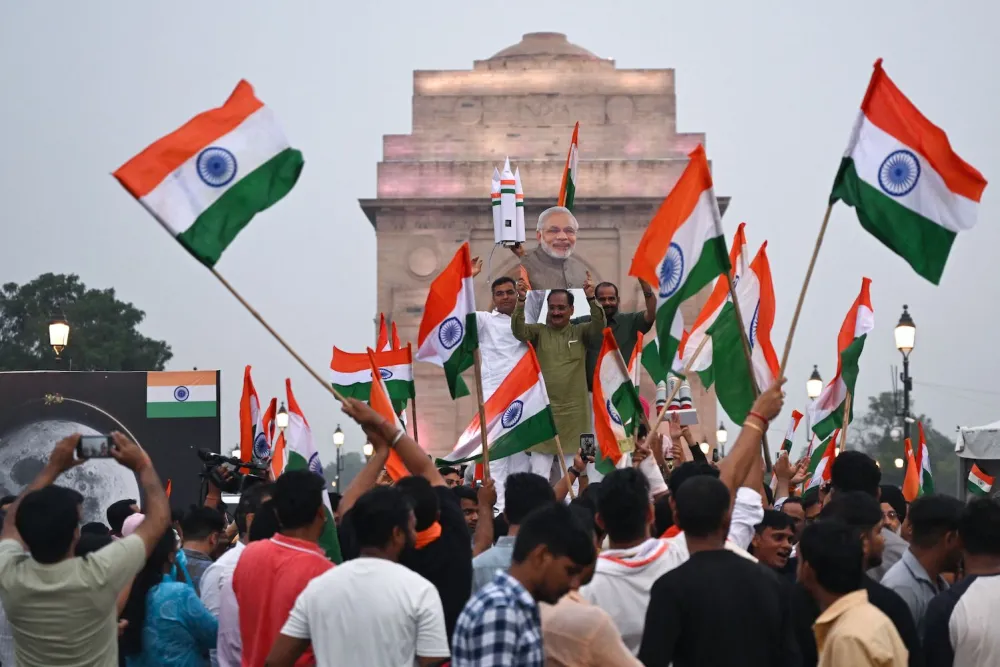
In view of certain objectionable remarks that have emerged, it is vital to remember that ideology—not hypocrisy—should be the master. If the hypocrisy generated of lethargy and cowardice is not eradicated, it will feed defeatism, which is unwarranted and destructive.
Leadership: Between Romanticism and Realism
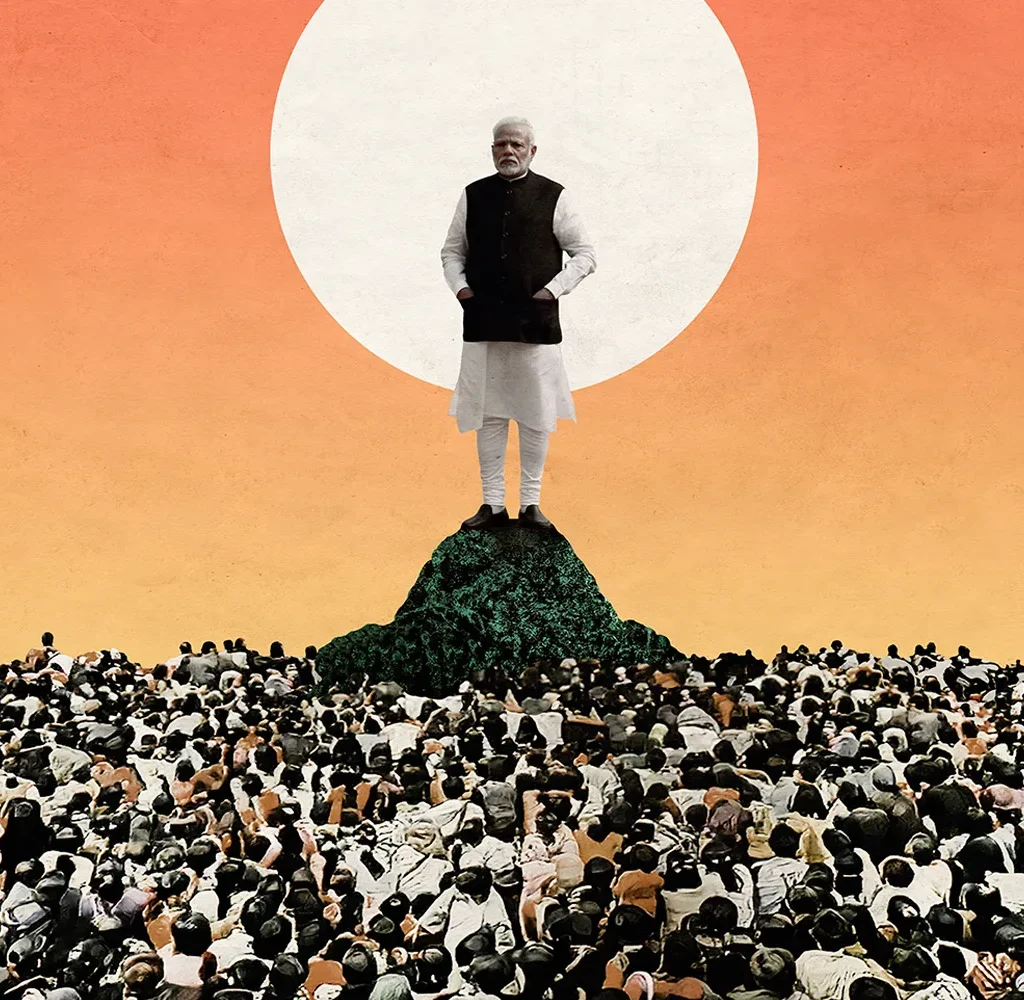
For centuries, what constitutes good leadership has been an intriguing subject. In South Asia, such paradoxes in theories in the context of nation-building are exemplified by the propensity of the general public to transform their enthusiasm into slavish loyalty.
India: The Misogynistic Wave of Saffron Terror
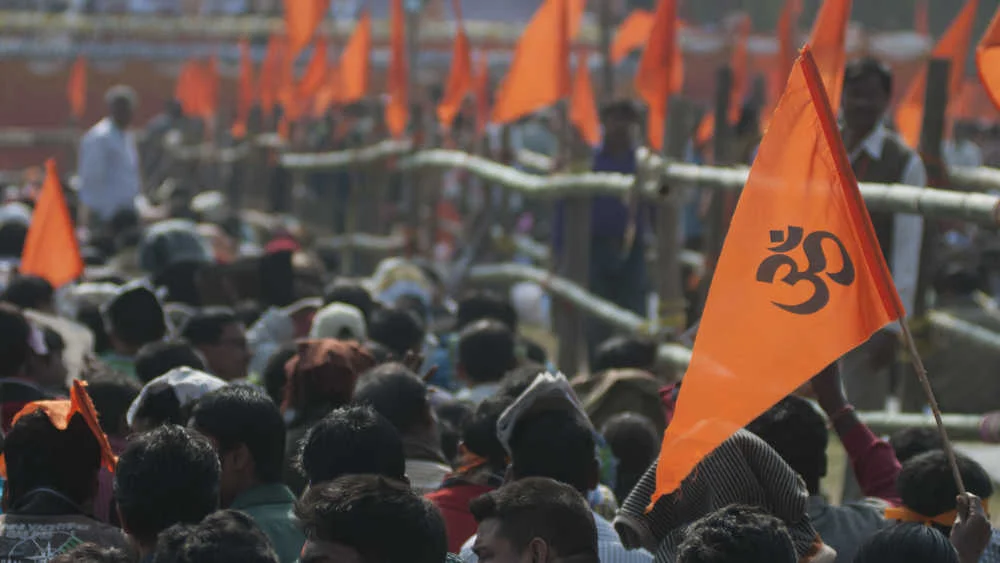
An in-depth analysis of recent incidents of violence against women in India will reveal the institutionalized cycle of marginalization and misogyny in this time period, which is sometimes referred to as the “Saffron Terror” era.
Afghanistan: Amid Politics and Sports
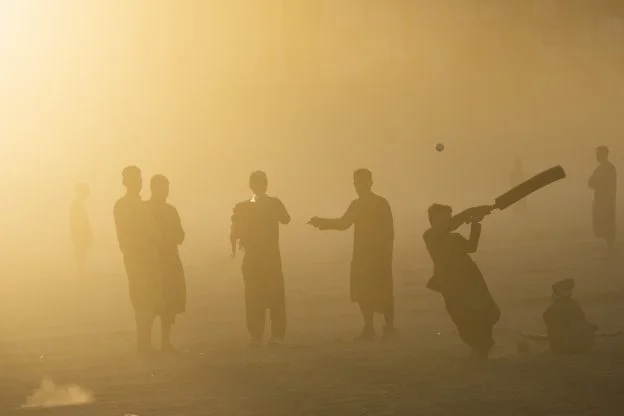
In light of the controversy over the cancellation of a cricket series between Australia and Afghanistan, it is crucial to ask whether sports are truly apolitical or if their non-political nature is only a concession to the world\’s most powerful lobbies.
Terrorism in Pakistan: The Indian Footprint

Without unanimity among the Pak-Afghan-India trio on what should account for a peaceful vision for the future, the region would continue to suffer, with its people repeatedly sacrificed on the altar of long-standing geopolitical rivalries.
Surrender In Dhaka: The Eastern Front
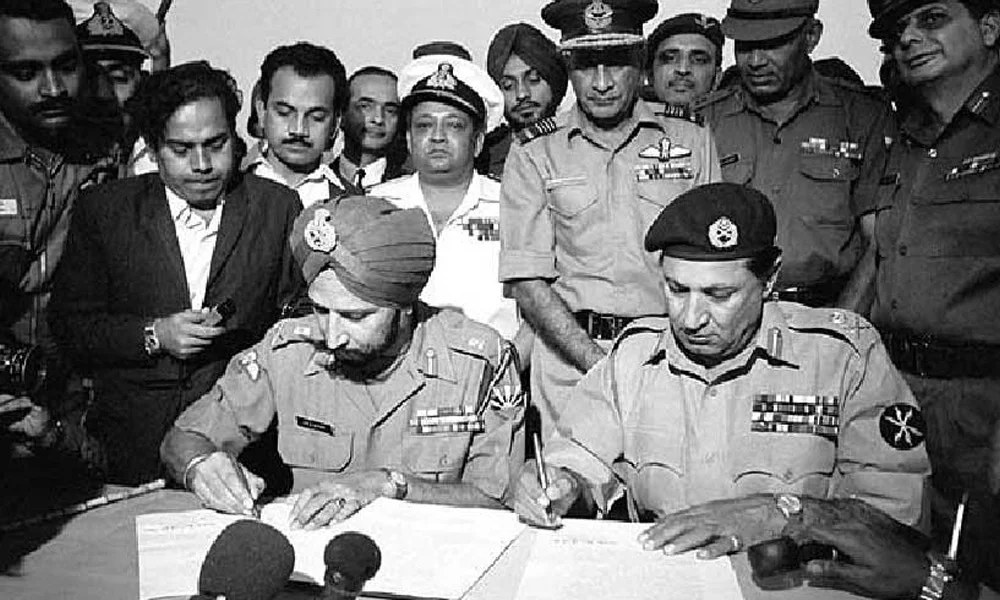
Soon after the start of the civil war in East Pakistan in March 1971, Indira Gandhi consulted her army chief, Gen. Manekshaw, about a military campaign in East Pakistan. Manekshaw stated that the Indian army was not prepared for an offensive operation in East Pakistan or for the inevitable Pakistani military counterthrust in West Pakistan […]
Ayub Khan’s Ouster by the Yahya-Mujib-Bhutto Trio
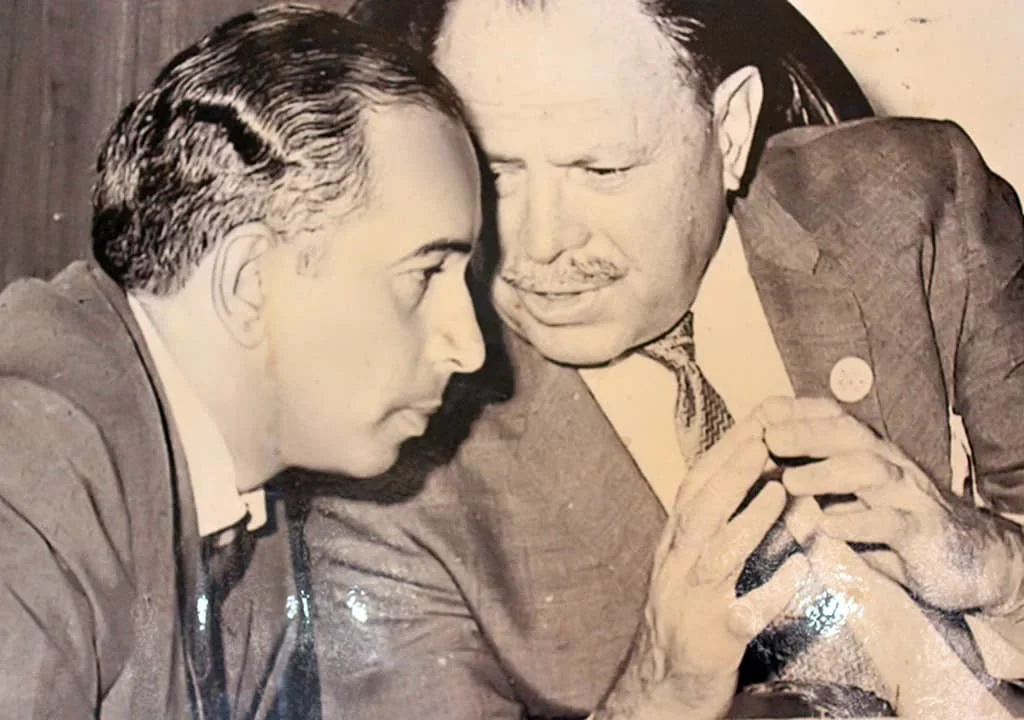
Bhutto had called Ayub Khan “daddy” at one point in his life, and Ayub had engineered Bhutto’s meteoric rise, but the two fell out in the aftermath of the 1965 war.
Rise of Mujib and The Agartala Conspiracy
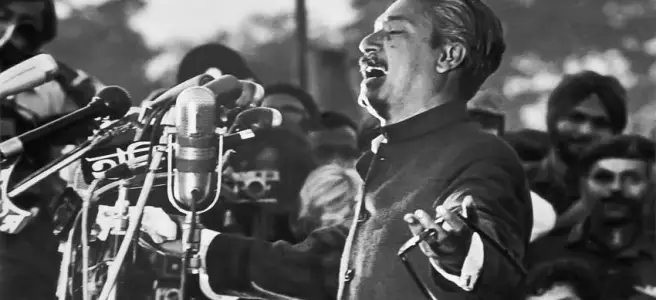
In 1965, Sheikh Mujib visited India and met Indian officials. He also had a meeting with some dissident Bengali officials, in which he encouraged them to continue their anti-Pakistan activities. Thus was born the Agartala conspiracy.
